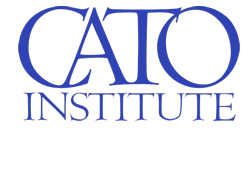Scott Lincicome
Scott Lincicome
Today, President Joe Biden blocked Nippon Steel’s proposed acquisition of US Steel on the grounds that “there is credible evidence” the Japanese steelmaker “might take action that threatens to impair the national security of the United States.” What “credible evidence” might push the president of the United States to block a multi-billion dollar investment in an ailing American steel company by a publicly traded corporation headquartered in one of the United States’ closest allies? Well, Biden never says, perhaps because—as I wrote right before the holiday—there is none:
Nippon Steel wasn’t just paying a big premium for US Steel, but had also pledged to invest at least $2.7 billion in US Steel’s union-represented facilities;
Steel buyers and industry experts in the United States supported the deal because they believed it would improve both US Steel and the domestic steel market. The transaction was backed by thousands of US Steel employees, more than 98 percent of its shareholders, and an independent arbitration panel chosen by the company and the United Steelworkers (USW) union.
Independent national security and foreign policy experts across the political spectrum agree that the arrangement should proceed because it raises no national security concerns. Instead, many of these same people, and many others, believe that the deal would, if anything, bolster US national security and relations with Japan.
Many US government officials, including the three federal government departments with the most responsibility for and expertise in national security and foreign investment—Treasury, State, and the Pentagon—have concluded that the proposal poses no security risks.
The private transaction was and remains a no-brainer, and right after I wrote my column, the Hudson Institute’s William Chou and Paul Sracic published a comprehensive national security analysis of the deal, coming to the same conclusion:
We examine Nippon Steel’s acquisition of US Steel from industrial, » Read More
https://www.cato.org/blog/national-security-hoax






